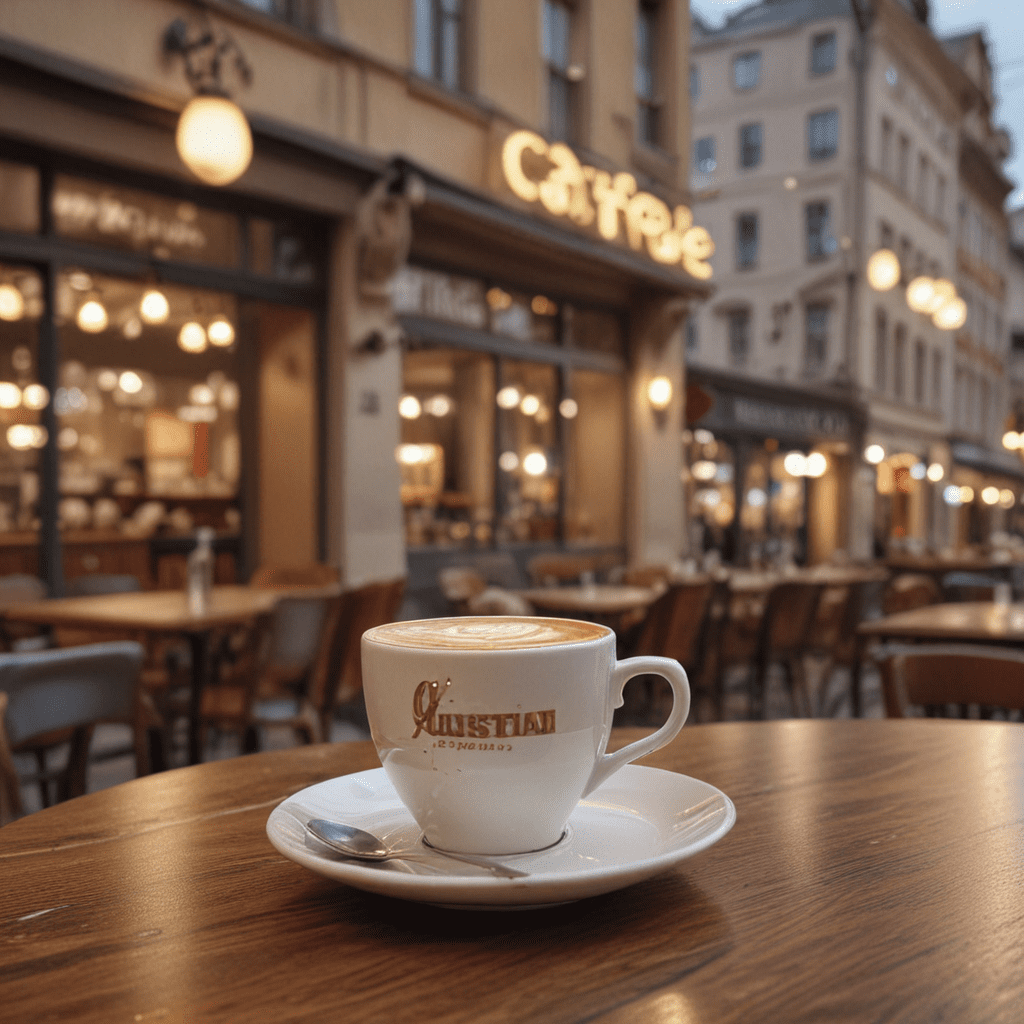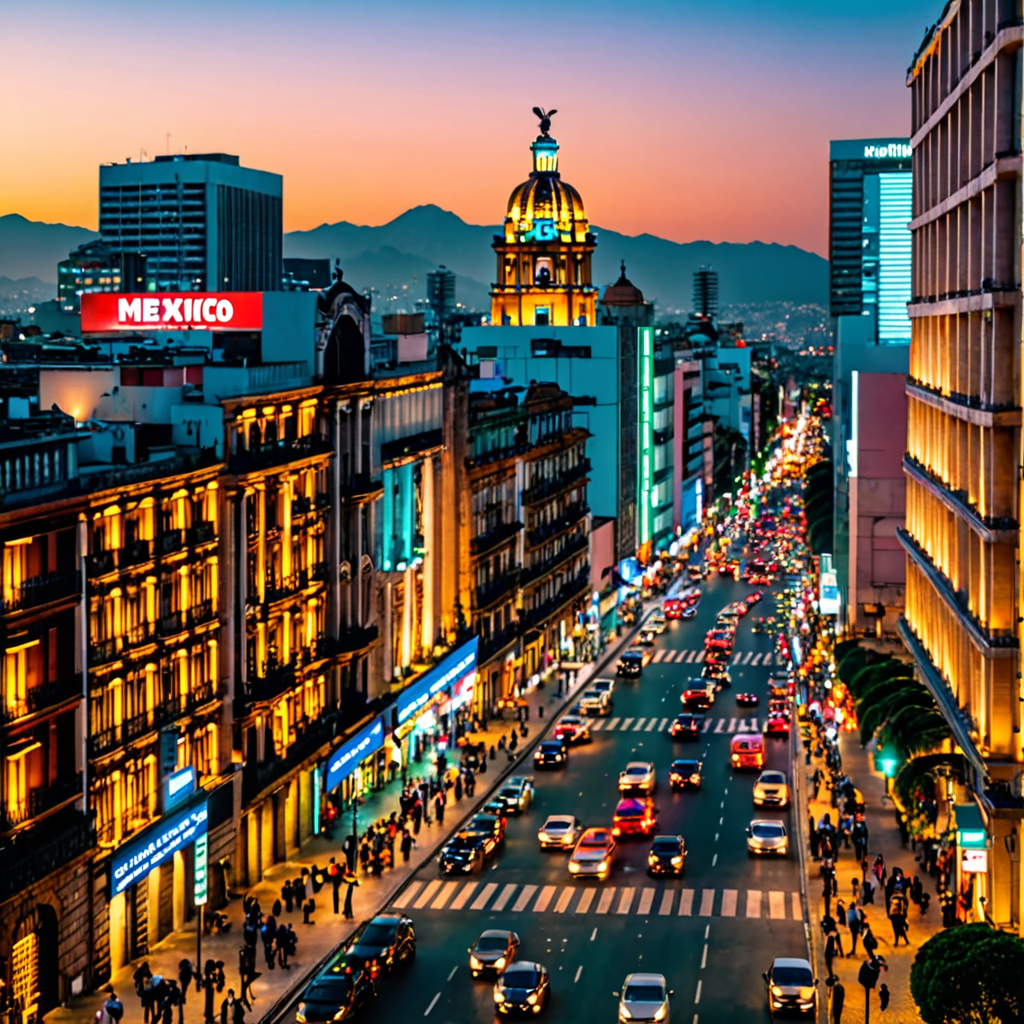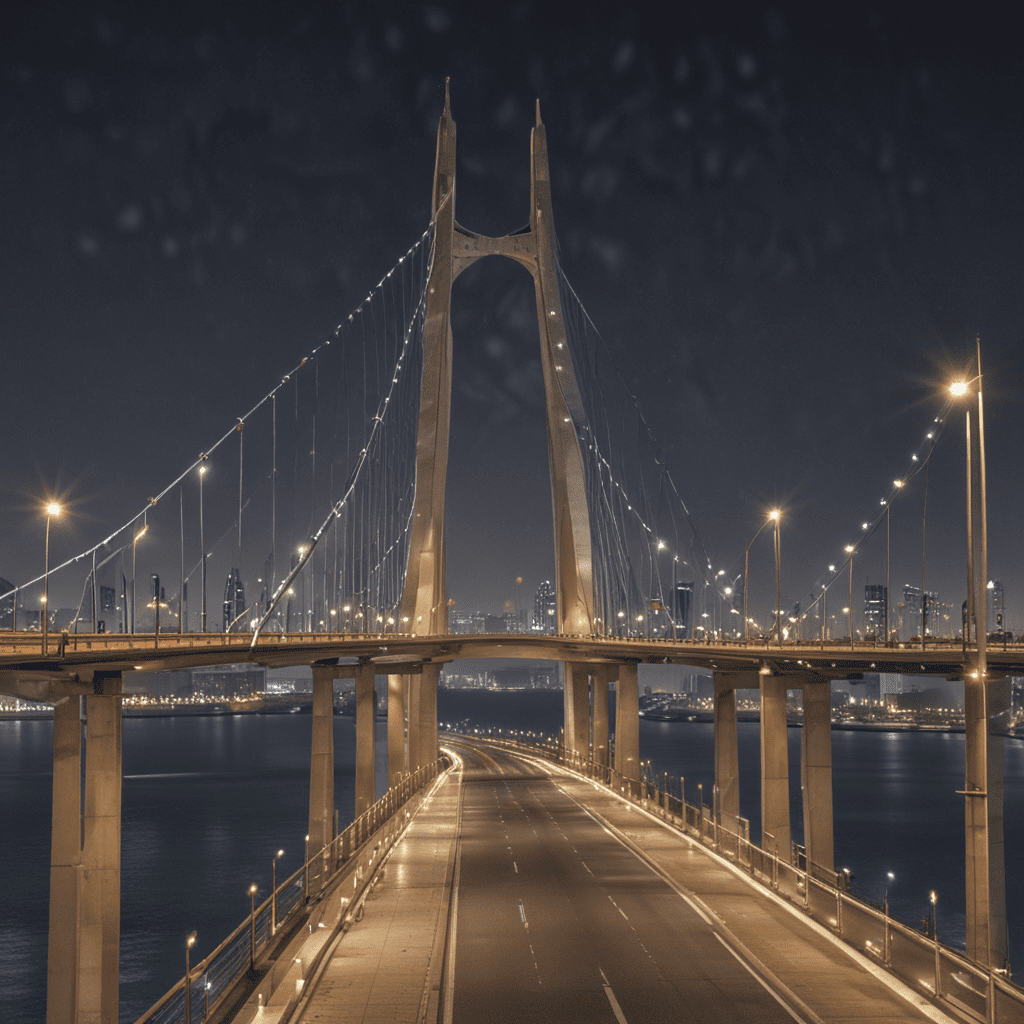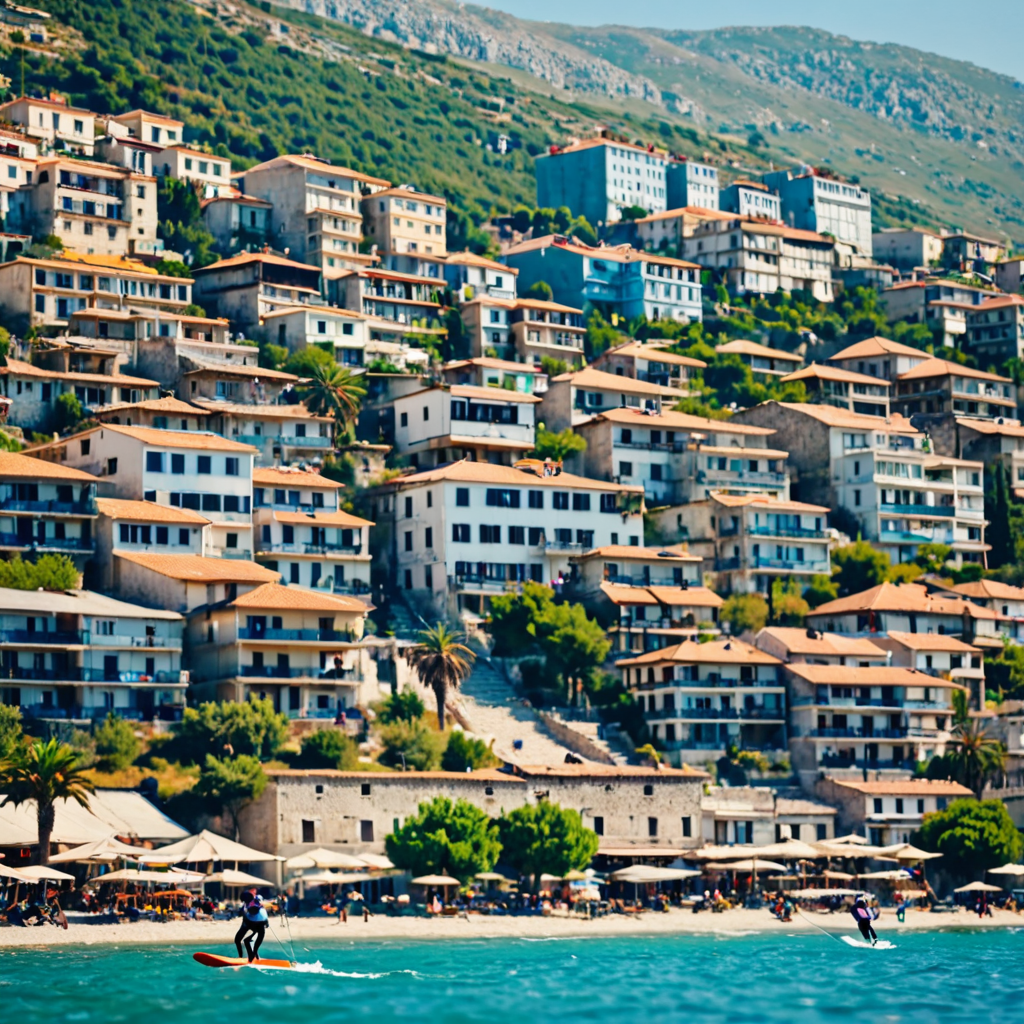1. History of Austrian Coffee Culture
Coffee was first introduced to Austria in the 17th century when the Ottoman Turks laid siege to Vienna. After the Turks were defeated, they left behind bags of coffee beans, which the Austrians quickly adopted as their own.
The popularity of coffee grew rapidly in Austria, and by the 18th century, coffeehouses had become a common sight in Vienna. These coffeehouses were much more than just places to get a cup of coffee; they were also social and cultural hubs where people could meet, talk, and exchange ideas.
2. The Viennese Café: A Cultural Institution
The Viennese café is a unique institution that has played a significant role in Austrian culture for centuries. Cafés are not just places to get a cup of coffee; they are also places to socialize, read, write, and listen to music.
The atmosphere of a Viennese café is typically relaxed and inviting, with comfortable chairs, elegant décor, and soft music. Cafés are often frequented by intellectuals, artists, and musicians, and they have been the setting for many important conversations and creative collaborations.
3. Famous Viennese Cafés
Vienna is home to a number of world-famous cafés, including the Café Central, the Café Sacher, and the Café Hawelka. These cafés have been visited by countless celebrities over the years, including Sigmund Freud, Adolf Loos, and Peter Altenberg.
4. The Art of Coffee Making in Vienna
The Viennese take their coffee very seriously, and there is a long tradition of coffee making in the city. Viennese coffee is typically made using a dark roast of coffee beans, and it is often served with milk or cream.
5. The Importance of Coffee Roasting
6. Types of Traditional Austrian Coffee Drinks
There are many different types of traditional Austrian coffee drinks, each with its own unique flavor and preparation method. Some of the most popular coffee drinks include:
- Wiener Melange: A mixture of coffee and steamed milk, similar to a cappuccino.
- Einspänner: A strong black coffee served with whipped cream on top.
- Kapuziner: A coffee with a layer of foamed milk, similar to a latte.
- Mokka: A strong coffee with chocolate syrup and whipped cream.
- Verlängerter: A coffee with hot water added to it, similar to an Americano.
7. Coffee Etiquette and Social Customs
There are a number of coffee etiquette and social customs that are observed in Austria. For example, it is considered rude to drink your coffee quickly or to leave your cup on the table when you are finished. It is also important to be respectful of the coffeehouse staff and to avoid making noise.
8. Coffee and Viennese Intellectualism
Coffee has played a significant role in Viennese intellectualism for centuries. Many of Vienna's most famous thinkers and writers, such as Sigmund Freud, Arthur Schnitzler, and Stefan Zweig, were regular visitors to coffeehouses. Coffeehouses were often the setting for lively discussions about politics, philosophy, and art.
9. Modern Trends in Austrian Coffee Culture
In recent years, there has been a growing trend towards more modern coffee culture in Austria. This includes the opening of new specialty coffee shops that focus on high-quality coffee and innovative brewing methods. There has also been a growing interest in cold brew coffee and other alternative brewing methods.
10. Coffee as a Symbol of Austrian Identity.
Coffee is deeply ingrained in Austrian culture and is considered a symbol of Austrian identity. Coffeehouses are an important part of Austrian social life, and coffee is a beloved beverage that is enjoyed by people of all ages.
FAQ
What is the most popular type of coffee in Austria?
The most popular type of coffee in Austria is the Wiener Melange, a mixture of coffee and steamed milk.
What is the difference between a Wiener Melange and a cappuccino?
A Wiener Melange is typically made with a stronger coffee and has a thinner layer of milk foam than a cappuccino.
What is the best coffeehouse in Vienna?
There are many great coffeehouses in Vienna, but some of the most popular include the Café Central, the Café Sacher, and the Café Hawelka.
Can you drink coffee in Austria if you don't speak German?
Yes, most coffeehouses in Vienna have English menus and staff who speak English.



